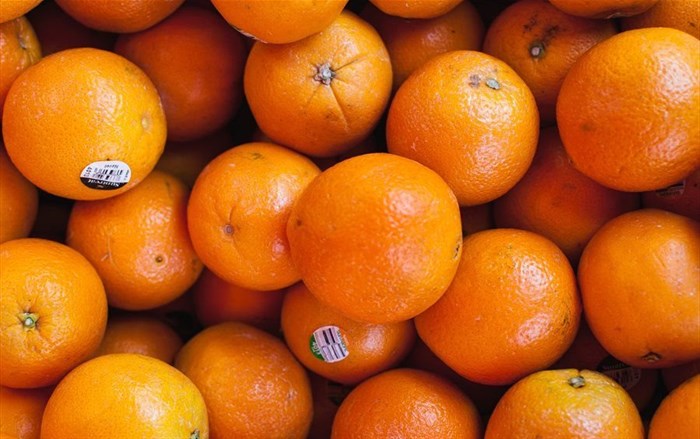The Citrus Growers Association of South Africa (CGA) is calling on President Ramaphosa to use the opportunity to provide an urgent update on whether the South African government intends to convene a World Trade Organisation (WTO) Panel to adjudicate on the new False Coddling Moth (FCM) regulation governing the importation of South African oranges to the EU.
The association believes that a panel is the only option to put a stop to the unjustified and discriminatory regulation, which threatens the survival of citrus growers and the tens of thousands of jobs they sustain.
"We understand that there have been several engagements between South African government officials and their EU counterparts over the past few weeks, with the issue also receiving attention at a Ministerial and Presidential level.
"However, despite ample evidence having been provided that shows the new regulation to be contrary to scientific evidence, unnecessarily trade restrictive and accordingly, in contravention of international requirements for such phytosanitary trade regulations, the EU has refused to make any concessions ahead of the 2023 export season, which kicks off in March," says Justin Chadwick, CEO of the Citrus Growers Association.
Financial impact on growers
The new requirements, where all oranges shipped to the EU will need to be precooled to below 2 degrees Celsius and then maintained for 20 days, will have a devastating financial impact on growers.
In order to comply, additional costs and potential loss of income will amount to more than R500m in 2023, while investment in cold storage technology and capacity of nearly R1.4bn will be required to enable full compliance. This follows the R200m in additional costs the industry was forced to spend in 2022, when the regulations were introduced in the middle of the export season, causing major disruptions of orange shipments to the EU for a number of weeks.
The local industry faced a tough season in 2022, adds Chadwick, where a surge in farming input prices and transport costs, as well as astronomical shipping price hikes, resulted in already tight margins for citrus producers being squeezed to the point where only one in five farms made a positive return. Should the new regulation be enforced in 2023, many growers and the jobs they sustain are unlikely to survive.
Crucial economic contributor
The citrus industry sustains 140,000 jobs and brings in R30bn in export revenue annually.
"With the EU refusing to budge on the matter, the CGA calls on President Ramaphosa to use his reply to the Sona debate tomorrow as an opportunity for the South African government to draw a line in the sand by announcing that they will proceed with convening a WTO Panel."
"The CGA remains committed to working with government to protect the livelihoods of growers and their employees, as well as the entire value chain that relies on the local citrus industry. We cannot allow what is clearly a politically motivated move by the Spanish citrus industry to block South African citrus imports to the EU, to decimate our industry and the economic contribution it makes to the country," concludes Chadwick.

































